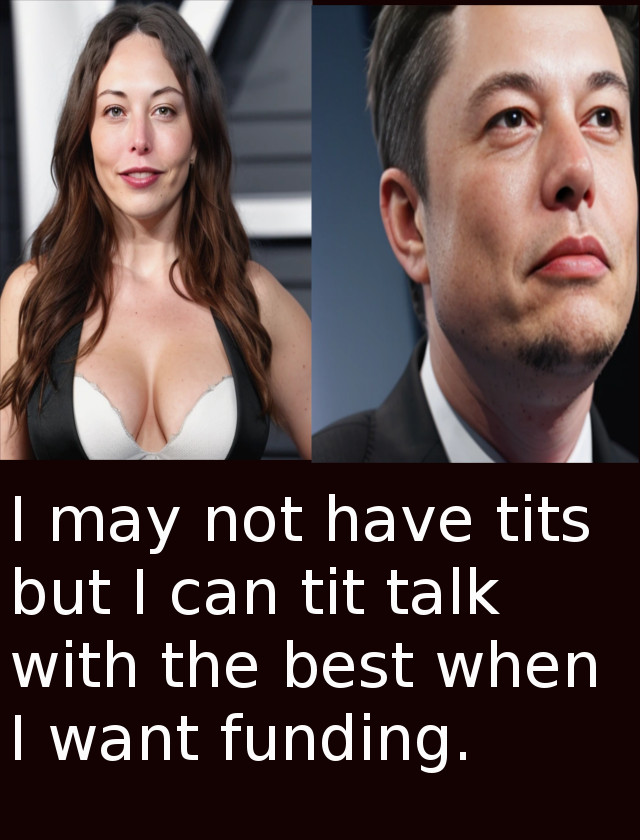
Elon Musk, the Tesla, X and SpaceX owner, 52, set up Neuralink to connect human brains to computers and to test the technology on people with paralysis. A robot will help implant a BCI (brain-computer interface), which will let them control a computer cursor, or type, using thoughts alone.
Neuralink’s study will see a robot surgically place 64 flexible threads – which are thinner than a human hair ¬– on to a part of the brain that controlled “movement intention”. The wires will allow Neuralink’s experimental implant, powered by a battery that can be charged wirelessly, to record and transmit brain signals wirelessly to an app that decodes how the person intends to move.
The company says people may qualify for the trial if they have quadriplegia due to injury or amyotrophic lateral sclerosis.
Elon’s company faces rivals including Blackrock Neurotech, which implanted its first of many BCIs in 2004.
Two separate recent studies in the US saw implants used to monitor brain activity when a person tried to speak, which could then be decoded to help them communicate.
Dr Adrien Rapeaux, a research associate in the Neural Interfaces Lab at Imperial College London, told the BBC: “Neuralink no doubt has an advantage in terms of implantation”, as their procedure was robotically assisted.
But Dr Rapeaux – who is also a co-founder of a neural implant start-up Mintneuro – said it wasn’t clear how their method for converting brain signals into useful actions would do better than that used by the likes of Blackrock Neurotech.
According to “bio-conservatives”, the “Neuralink”‘ brain implant suppresses the frontier between natural/artificial, human/machine, living/no-living. Thus, the merger of human intelligence and artificial intelligence sought by Musk would be as much an artificialization of the human as a humanization of the machine.
Elon Musk’s brain chip startup Neuralink has raised $280 million in a funding round led by Peter Thiel’s Founders Fund, Google Ventures, OpenAI CEO Sam Altman months after securing approval for its first in-human clinical trial. Musk’s companies had received an estimated $4.9 billion in government support by 2015, and they’ve gotten more since even though he pretends to oppose government subsidies when talking to his fanboys and doing his tit talking to the media. It is not known at what point Elon Musk will market his Neuralink Technology to the Pentagon, but his history suggest if they are buying, he will be selling.
The company did not reveal the valuation at which the funds were raised. In June, Reuters reported that the company was valued at about $5 billion after privately executed stock trades.
“We’re extremely excited about this next chapter at Neuralink,” the company said in a post on Musk-owned social media platform X, formerly known as Twitter. It is not known how proud he is in the number of monkeys Neuralink has killed in trying to rush experiments to get FDA approval for testing his AI “Frankenstein Monster” designs on human subjects.